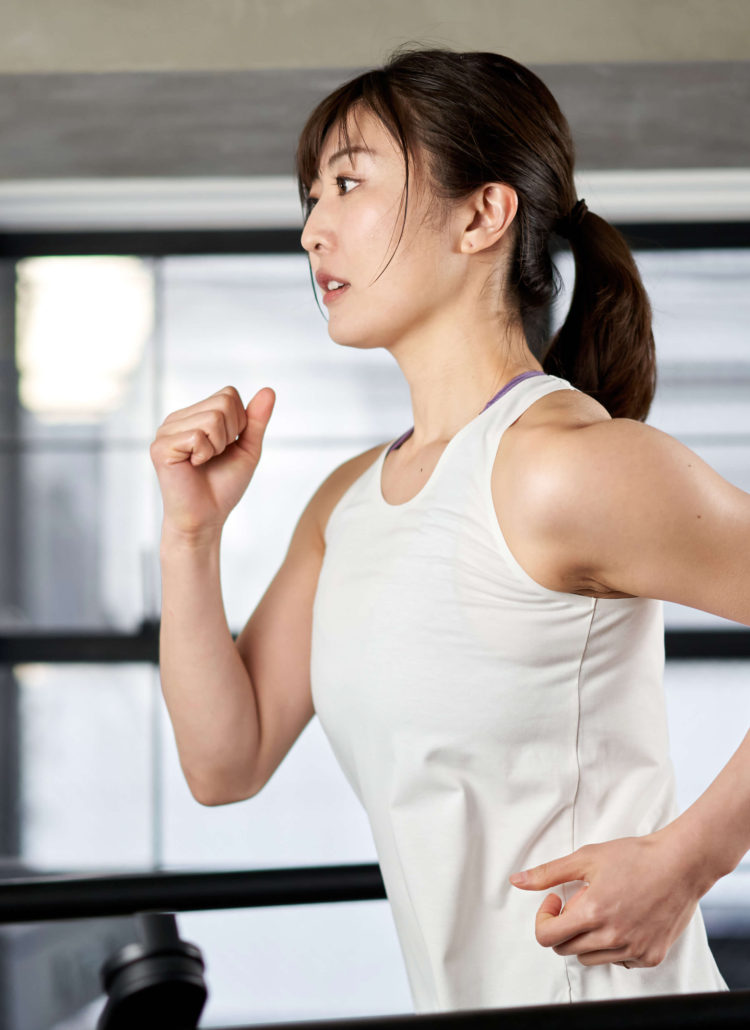Nursing shoes play a crucial role in maintaining a hygienic healthcare environment, as they can easily accumulate pathogens and contribute to the spread of infections.
This article aims to provide comprehensive guidance on the importance of cleaning and disinfecting nursing shoes, offering various cleaning options for different shoe materials and introducing specialized cleaning devices.
It will also discuss the proper maintenance and storage of nursing shoes, highlighting the benefits of regular cleaning and appropriate selection.
By adhering to proper shoe maintenance practices, healthcare professionals can enhance patient safety and uphold hygiene standards.
Importance of Cleaning and Disinfecting
Cleaning and disinfecting nursing shoes is of utmost importance in preventing the spread of pathogens and reducing the risk of infections. Dirty shoes can have a significant impact on patient safety, as they can collect and spread pathogens to patients and their families. By maintaining cleanliness and hygiene of nursing shoes, healthcare workers can play a crucial role in preventing healthcare-associated infections.
Pathogens on the soles of shoes have been linked to infections in patients, making it imperative to regularly clean and disinfect nursing shoes. Furthermore, poorly fitted shoes can affect physical health, and shoe soles can act as vectors for infectious diseases.
Cleaning Options for Different Shoe Materials
Different shoe materials require specific cleaning methods to effectively remove dirt, stains, and pathogens, ensuring the hygiene and longevity of nursing shoes. Here are some cleaning options for different shoe materials:
- Disinfectant sprays vs. wipes:
- Disinfectant sprays can be used on most shoe materials, including leather, synthetic, and canvas.
- Disinfectant wipes are convenient for quick cleaning and can be used on various shoe materials.
2. Cleaning methods for suede shoes:
- Use a suede brush or eraser to remove surface dirt and stains.
- For tougher stains, apply a small amount of white vinegar or rubbing alcohol on a clean cloth and gently blot the stain.
It is important to follow the manufacturer’s instructions and test any cleaning method on a small, inconspicuous area before applying it to the entire shoe. Proper cleaning and maintenance of nursing shoes can help ensure their cleanliness and longevity.
Specialized Shoe Cleaning Devices
Specialized shoe cleaning devices offer innovative solutions for maintaining the cleanliness and hygiene of nursing shoes. These devices utilize advanced technologies such as UVC sanitizers and shoe deodorizers to effectively eliminate pathogens and unpleasant odors. Here are some examples of specialized shoe-cleaning devices:
| Device | Features |
|---|---|
| StinkBOSS | Kills bacteria, eliminates odor, and dries sweaty shoes |
| Ultraviolet sanitizer boxes | Uses UVC light to disinfect shoes at home |
| LedTechnologies and Suncatcher | Offer UVC sanitation products for the inside of shoes |
| Coospider | Makes a portable UVC sanitizer bag for shoes |
These specialized devices can help minimize the risk of infections by destroying pathogens and reducing shoe odors. By incorporating these devices into their shoe maintenance routine, healthcare professionals can ensure the cleanliness and hygiene of their nursing shoes, ultimately promoting a safe and healthy environment for both themselves and their patients.
Proper Maintenance and Storage
Proper maintenance and storage practices are essential to ensure the longevity and cleanliness of nursing shoes. Here are some tips to prevent shoe odor and organize shoe storage:
- Clean shoes regularly: Regularly clean your nursing shoes to remove dirt, bacteria, and unpleasant odors. Use disinfectant sprays or wipes to sanitize the shoes after each shift. Rubbing alcohol can be effective in killing germs on leather nursing shoes.
- Use odor-reducing methods: To prevent shoe odor, sprinkle baking soda or use vinegar to neutralize odors and slow down fungal growth in the shoes. You can also use shoe deodorizers or inserts to control odors and keep the shoes smelling fresh.
- Proper storage techniques: Store nursing shoes in a clean and dry area to prevent moisture buildup and the growth of mold or bacteria. Avoid placing shoes near direct sunlight or heat sources, as this can cause material deterioration. Consider using shoe bags or covers to protect the shoes from dust and dirt.
- Maintain shoe shape: Use shoe trees or stuffing to help maintain the shape of the shoes when not in use. This will prevent the shoes from becoming misshapen and uncomfortable to wear.
Choosing the Right Nursing Shoes
When selecting nursing shoes, it is crucial to prioritize comfort, support, and durability. These factors contribute to the overall well-being of nurses who spend long hours on their feet and ensure that they can perform their duties effectively. Additionally, cleaning and maintaining nursing shoes is essential for hygiene and preventing the spread of infections. Different shoe materials require specific cleaning techniques to ensure their longevity and effectiveness. Here is a table summarizing the cleaning options for various shoe materials:
| Shoe Material | Cleaning Technique |
|---|---|
| Leather | Rubbing alcohol |
| Canvas | Bleach |
| Synthetic | Disinfectant sprays or wipes |
Maintaining the Right Nursing Shoes
Nursing shoes require regular upkeep to ensure their longevity and optimal performance. Here are some common shoe maintenance problems and tips for preventing foot and leg fatigue:
- Cleaning and disinfecting: Regularly clean and disinfect your nursing shoes to prevent the spread of pathogens. Use disinfectant sprays or wipes, rubbing alcohol for leather shoes, and baking soda and vinegar to reduce odor and fungal growth.
- Proper storage: Store your nursing shoes in a clean and dry area to prevent moisture buildup and the growth of mold or bacteria. Avoid placing them near direct sunlight or heat sources.
- Choosing the right shoes: Select nursing shoes that provide proper support and cushioning to prevent foot and leg fatigue. Look for breathable materials, slip-resistant soles, and a proper fit with adequate toe room and arch support.
- Regular maintenance: Inspect your shoes for signs of wear and tear and replace them if necessary. Use shoe trees or stuffing when not in use to maintain their shape, and consider having multiple pairs to allow them to air out between uses.
Frequently Asked Questions
Are There Any Specific Cleaning Products or Methods Recommended for Cleaning Nursing Shoes Made of Synthetic Materials?
For cleaning nursing shoes made of synthetic materials, disinfectant sprays or wipes are recommended. These products effectively remove pathogens and maintain hygiene. Additionally, following the manufacturer’s instructions is important for optimal cleaning and maintenance.
Can I Use the Same Cleaning Products and Methods for Cleaning Both the Inside and Outside of My Nursing Shoes?
Yes, the same cleaning products and methods can generally be used for both the inside and outside of nursing shoes, but it is important to consider the specific material of the shoes and follow the manufacturer’s instructions for optimal cleaning and maintenance.
How Often Should I Clean and Disinfect My Nursing Shoes?
Regular cleaning and disinfection of nursing shoes is essential to prevent infection. Proper maintenance, including storing in a clean, dry area, using appropriate cleaning products, and following the manufacturer’s instructions, helps maintain durability and hygiene.
Can I Use a Washing Machine or Dryer to Clean My Nursing Shoes?
Using a washing machine or dryer to clean nursing shoes may cause damage to the shoes, affecting their durability and performance. It is recommended to follow the manufacturer’s guidelines for proper cleaning and drying methods.
Are There Any Specific Cleaning Products or Methods Recommended for Removing Stubborn Stains or Odors From Nursing Shoes?
To remove stubborn stains and odors from nursing shoes, natural cleaning methods can be effective. Tips for maintaining hygiene and preventing infection include regular cleaning, proper storage, and choosing shoes made of breathable materials.
Conclusion
In conclusion, maintaining clean and disinfected nursing shoes is crucial for preventing the spread of infections and maintaining a hygienic healthcare environment.
By following proper cleaning and disinfection practices, healthcare professionals can minimize the risk of transmitting pathogens to patients and their families.
Additionally, proper maintenance and storage techniques, along with selecting suitable shoes, can contribute to the overall well-being of both healthcare professionals and patients.
By prioritizing shoe cleanliness and maintenance, healthcare professionals can uphold hygiene standards and project a professional image.







